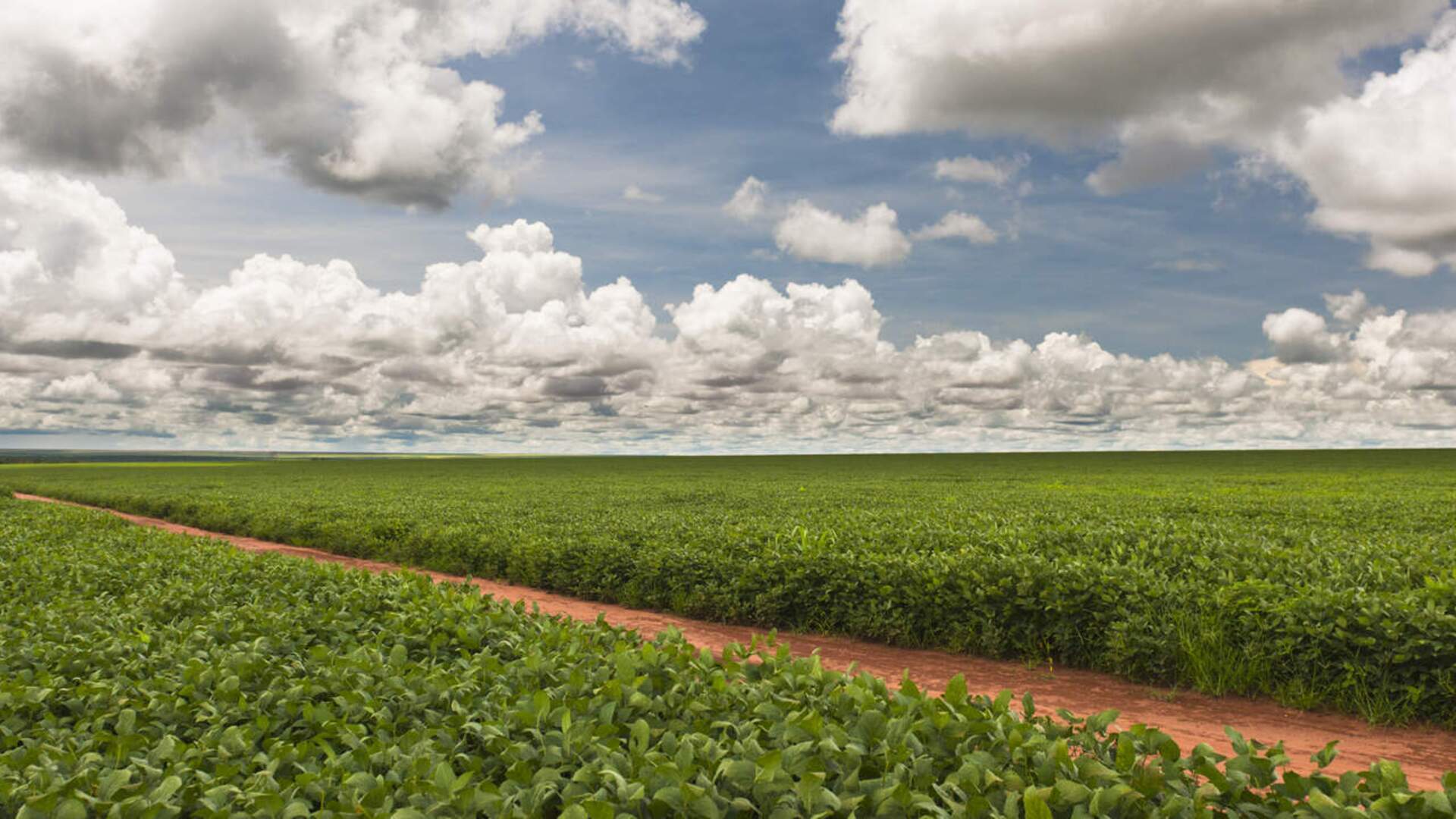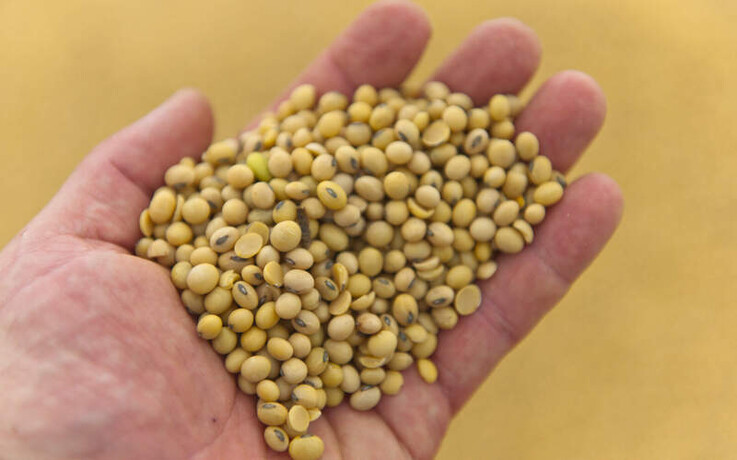"Through Coop, a founding member of the association and one of the driving forces behind the responsible sourcing of feed soy, we have been involved in the work of the Swiss Soy Network for years," reports Basil Mörikofer, Sustainability Project Manager at Bell Switzerland. "Three years ago, we joined ourselves and have been able to participate even more actively ever since."
A recent study by the School of Agricultural, Forest and Food Sciences, which the network presented on the occasion of its anniversary in July, shows what has already been achieved in Brazil over the past decade thanks to the close cooperation of members from the entire value chain
The study confirms that the sustainability standards supported by the Swiss Soy Network are having a positive effect. For example, Swiss soy imports from the Brazilian Cerrado region come from deforestation-free areas, and no problematic working conditions or conflicts with local communities were identified.


